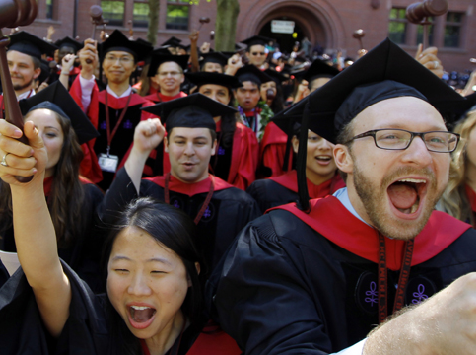Numerous lawsuits have been filed against law schools across the nation by former graduates who allege that the law schools deceived them about the success rates of their former students.
Five of the nearly 20 lawsuits have been filed against California schools, four of which are Southwestern, Golden Gate University, the University of San Francisco and San Diego’s Thomas Jefferson and California Western schools of law, all of which charge roughly $40,000 per year in tuition.
Some graduates have taken low-paying jobs such as working in hourly jobs in department stores and restaurants, or finding work in temporary or part-time legal positions. Southwestern Law School, for example, once asserted that 97% of its graduates found jobs within nine months of graduation.
Some of the reasons for the dearth of job prospects for newly-graduated lawyers are:
- The advent of computer availability for legal work, including as substitution for law libraries, so that much work can stay in-house at firms which once farmed the work out
- Internet companies that offer litigants legal documents and help
- The simple staggering number of lawyers in the market. Joseph Dunn, chief executive of the State Bar of California, said, “I don’t think any of them rival the situation we are seeing today. The legal community in all 50 states is being dramatically impacted.”
The California Bar is concerned that the glut of lawyers, which is triggering some new and inexperienced graduates to advertise their services in private practices, may put potential clients in harm’s way. The Bar has formed a task force that recommended practical experience before the bar would issue a license.
Erwin Chemerinsky, dean of UC Irvine Law School, insinuated the quality of the law school was the determining factor in job prospects, saying, “It is not the same across all law schools when you look at employment prospects.” Rudy Hasl, dean of the Thomas Jefferson School of Law, remained upbeat, asserting, the upcoming retirement of baby boomers would create more openings.
Both men said that if the new lawyers wanted to work for those who couldn’t pay there was plenty of work. In a report by the California state bar, the bar concurred: “Across the country, the need for legal services among those who cannot pay or have limited ability to pay has never been higher.”

COMMENTS
Please let us know if you're having issues with commenting.